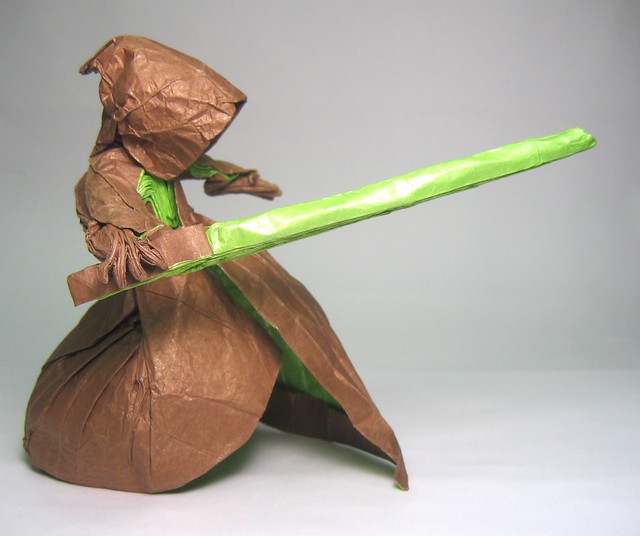Early last month, in celebration of what would have been Roald Dahl’s 100th birthday, Oxford University Press published the Oxford Roald Dahl Dictionary. Aimed at young logophiles, the dictionary includes both everyday words and those invented by the author of Charlie and the Chocolate Factory.
We had the chance to speak to the compiler of the book, lexicographer Dr. Susan Rennie, and to hear about the process behind putting together such an “extra-usual” dictionary, the excitement of defining some of Dahl’s invented words for the first time, and what Dahl words are the most fun to say.
What’s your favorite Roald Dahl word?
A particular favourite of mine is zozimus. That is what the BFG calls the stuff that dreams are made of, which he whisks with his magical egg-beater. It has a wonderfully mystical sound to it, and it uses Z which is one of Roald Dahl’s favourite letters, as in words like phizz-whizzing, zippfizzing and zoonk.
How did you go about compiling these words?
We began by creating a special database which allowed us to search and analyse all of Roald Dahl’s writings for children. That helped us to identify 393 words that Roald Dahl invented, and to find quotations to show how he used them in his books. It also helped us to find ordinary words, like alarm-clock and glove, which have special significance in his stories.
Throughout the project I also reread Roald Dahl’s books many times to help keep his spirit to the forefront, as we wanted the dictionary to be both authoritative and a little bit mischievous.
Was the process different from a “traditional” dictionary?
This has been a very extra-usual dictionary to work on, because it has involved so much creative thinking and experimentation. It is a rare treat to be able to define a word for the very first time, and I’ve been able to do that for all of Roald Dahl’s invented words, from aerioplane to zozimus. It is also the first dictionary where I have been able to write a definition backwards (in the entry for Esio Trot) and in the form of a limerick (for limerick of course).
What Dahl word do you think everyone should have in their vocabulary?
Biffsquiggled! I use it all the time now as it is so much more expressive than saying “confused” or “puzzled.” Another word that I find myself using is sizzlepan, which is far more fun to say than “frying-pan.” The words redunculous and exunckly are particularly useful for grown-ups as we can get them into all sorts of everyday conversations.
Are there dialect or jargon words that Dahl picked up that you wouldn’t expect in children’s books?
Roald Dahl uses some old-fashioned British slang like blithering, blighter and ruddy. You wouldn’t normally find those words in a children’s dictionary, but they are very much part of Roald Dahl’s world and the dictionary is there to help readers navigate through that.
He also uses some words that children are less familiar with these days, such as breeches (in Matilda) and steeplejack (in James and the Giant Peach), so we explain those too. The word crockadowndilly, which is the BFG’s name for a kind of crocodile, is based on a dialect word daffadowndilly meaning “daffodil.”
The dictionary doesn’t include pronunciations. Are there words where you would have liked to include them? What Dahl word do you think is the most fun to say?
The one word where we do indicate pronunciation is Knid, as Willy Wonka is very clear that the K should be pronounced, as in K’NID. He doesn’t tell us how to pronounce Gnooly (another nasty creature in Charlie and the Great Glass Elevator), or knickle (which is what Gnoolies do to you if they catch you), but I like to think they would both have their first letters pronounced too.
All of Roald Dahl’s invented words are fun to say out loud, which is why children love them, but I think those where he uses an internal rhyme, like Oompa-Loompa and rumpledumpus, or those which are very onomatopoeic, like lickswishy and uckyslush, are especially satisfying.
Are there are any other authors you think should have their own dictionary?
I would love to write a Lewis Carroll dictionary, as he was also very creative with language. Carroll came up with the name portmanteau for a word that combines two other words, and he invented the words chortle and galumph which are now part of everyday language.
Dr. Susan Rennie has worked on many dictionaries for both children and adults, including the Oxford Primary Dictionary, Oxford Primary Thesaurus, Oxford English Thesaurus for Schools and the New Shorter Oxford English Dictionary. She also writes books in Scots for children, and has translated the first Scots edition of Tintin. She is currently a Lecturer in English Language at the University of Glasgow, where she teaches lexicography and the history of Scots and English.






